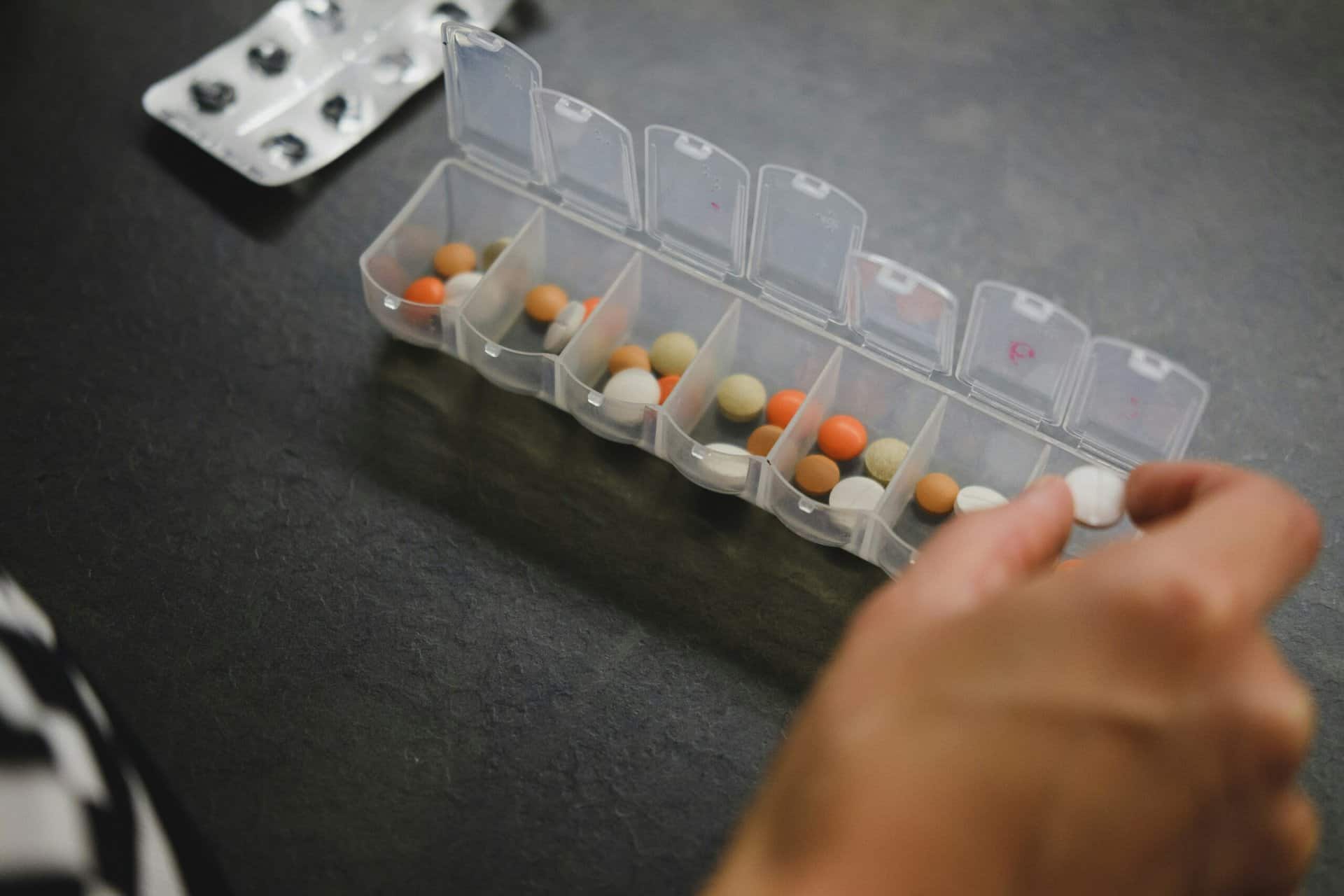Maybe you already know this and have it handled. But if you don’t, I think you would really appreciate knowing about it.
Do you travel out of the country? Or have plans to do so? Or do you expect to go in the future?
If so, have you dealt with “traveler’s diarrhea”? Ugh, Candy, what a yucky topic! But trust me, if it has ever happened to you, you will want to read on.
It was over 30 years ago when I went on a fun trip to Mexico accompanying college pals with whom I had kept in touch over the years. We had a blast over a long weekend and it was my first foray out of the country. Then I got on the plane to come home. OMG – 20 trips to the restroom on the plane, horrific – I won’t get graphic on you, but if you have ever been there, you know!
I could not remember ever being so miserable – luckily I don’t remember how long it lasted after I returned home. I probably crawled in bed to die peacefully.
This situation affects travelers and others who consume contaminated food or water. And how do you ever know when you are exposed? You don’t! And that’s the problem.
It’s a brief but unpleasant gastrointestinal infection that typically causes loose stools and abdominal cramps. International travelers are most at risk when visiting countries that have less rigorous sanitation practices than their own. It can happen to anyone, anywhere, but it is easier to get during international travel.
It affects between 30% and 70% of travelers – big range. It depends on the destination and the season. Especially common in hot and/or humid climates because that is where bacteria breed more easily. Most of Asia, the Middle East, Africa, Mexico and Central and South America have this type of climate. And it can come through contaminated water or food. The residents grow up drinking and eating and gaining immunity to organisms that will attack a traveler. Also, food handlers may not practice as rigorous hygiene as we wish they would.
It was a blessing that as I shared the situation with a friend of mine after I returned from Mexico, one who had medical background and worked in a lab. She off-handedly said, “you need to take lactobacillus acidophilus – that will keep you from having that happen again when you travel.” Hold it – let me get my pen and paper – she had to spell it out. Never heard of it before.
Jump forward about 20 years. I was actively involved in the missions at my church. Yep, a trip to Ghana (West Africa) was in the planning. It was a group of women and we were helping put on a women’s conference at a church there where the pastor was good friends with our home church’s pastor. We taught and put on a children’s bible school — I taught peacemaking (that is an amazingly fun story) – and we were staying at a “double minus A” rated hotel.
We did get malaria shots, etc. And all the other ladies had gotten pills to be taken if and when they got “traveler’s diarrhea”. But I remembered — and had purchased a bottle of lactobacillus acidophilus following my friend’s direction. The memory of Mexico was oh-so-clear! I took 2 capsules every morning, faithfully, while in Ghana.
Results? Yep, probably 90% of the others got hit with “traveler’s diarrhea” and then took their pills but going through misery and losing part or all of a day –not being able to participate. Plus the over-reversal of the condition.
I thanked the Lord multiple times — I never had a hitch in my digestion or elimination system. And yes, we had some weird food and nothing close to hygiene of any kind traveling to villages and using the common facilities (or behind a tree) was a daily deal.
So yes, lactobacillus acidophilus became a standard in my travels. I went on another Africa trip a few years later (same good response) and to many other countries since then.
Why am I sharing this now? A few months ago I visited my hairdresser; she said they were traveling to Mexico. I offered my story and my habit of using the L. acidophilus. She wrote it down. When I went for a haircut just a few days ago, she was raving about how much it helped them – and her husband had been a skeptic about it. But no longer! They got to go parasailing and enjoy their full trip.
So, you are my friends – and I want to share with you as well if you are of the mind to travel and might want to consider the “traveler’s diarrhea” suggestion I am making.
And, of course, I know that in sharing any “health-related” info, I must also give the disclaimers. Who is a lawyer here?
Dietary supplements (which is what they call this one) are not regulated like drugs meaning the FDA does not approve them for safety and effectiveness. I recommend choosing a supplement tested by a trusted third party. But, as my lawyer side says, you should talk to your healthcare provider about any supplements you plan to take and check in about potential interactions with other supplements or medications.
Speaking of more naturopathic medicine in the way of supplements, I did my research and saw that there was a 2020 review on the use of L. acidophilus for digestive disorders. They found it to be both safe and effective in treating diarrhea. Plus many studies have reported little to no adverse events in its usage. I would add my favorite attribute of it was the “preventive” role it played in my foreign travel – yahoo!
One interesting thing came out in my research – L. acidophilus is a type of bacteria found naturally in our gastrointestinal tract and other parts of our body. But for extra duty work, it can supplement what is in our body and be helpful for various other health conditions.
But my work is done here. What are friends for? Sharing helpful info – especially when personal experience motivates them to save friends from unnecessary pain and unpleasantness. Especially when you are traveling and want to have a wonderful experience in the country you have chosen.
Happy travels to you!
Food and dietary supplement products sold by Youngevity are intended to contribute to the daily diet and overall health and are not intended for use in the prevention, treatment, mitigation, or cure of any disease or health-related condition. Individuals who have or suspect they have an illness or who wish to commence a diet or exercise program should consult an appropriately licensed health care practitioner for a medical history evaluation, diagnosis, treatment, and health recommendations.



